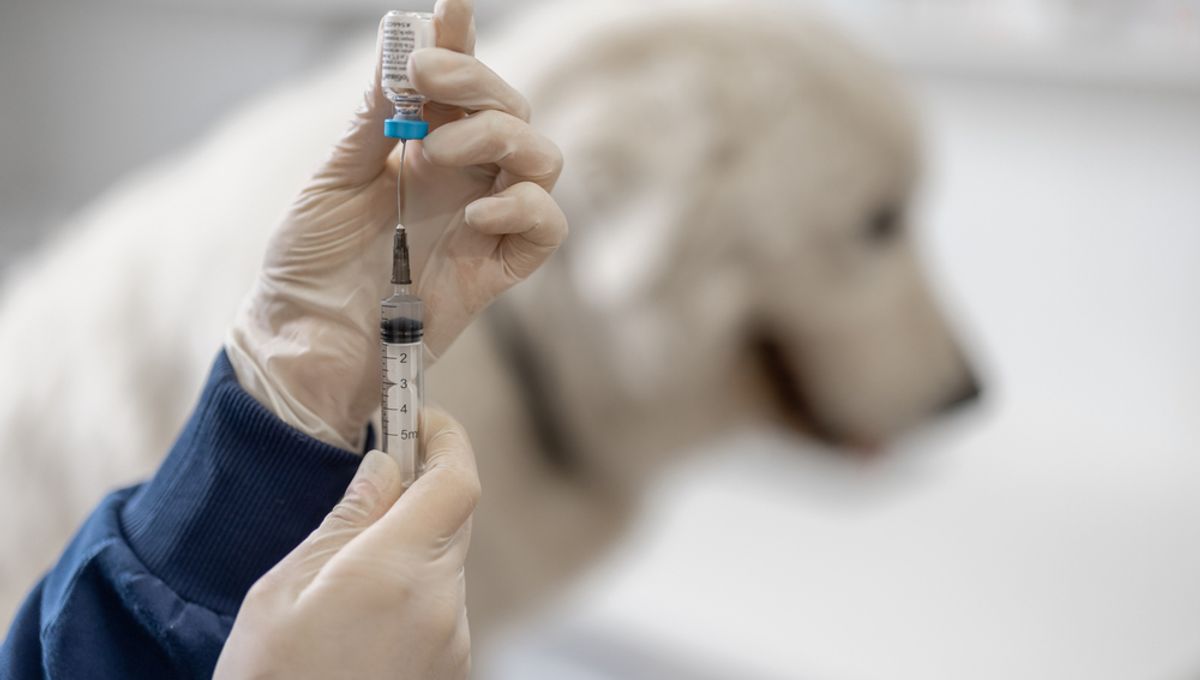
A new study has found that dog owners in the US have become increasingly skeptical of vaccinating their canine companions.
The growth of the anti-vax movement was one of the most notable outcomes of the COVID-19 pandemic, even reaching the point where social media platforms had to expand their medical misinformation policies to cover all vaccines. According to new research, vaccine hesitancy may now have spread to dog ownership too.
Dogs are the most popular pets in the US — 45 percent of American households own one. Most states in the US also require these furry friends to be vaccinated against rabies, a serious infection that can affect both dogs and humans.
Researchers found that 30 percent of the 2,200 dog owners surveyed believed that canine vaccines were medically unnecessary and more than 20 percent believed that they were ineffective. Nearly 40 percent believed dog vaccinations to be unsafe, with 37 percent expressing the belief that some vaccines could even cause “canine autism”, despite no scientific evidence for vaccines causing this in dogs or humans.
In total, over half of the dog owners surveyed expressed some degree of canine vaccine hesitancy. The survey also found evidence of a “spillover” effect: those who already had negative views about vaccinations in humans were more likely to hold a negative opinion towards vaccinating their dogs, too. This could have implications for dogs and humans alike.
“If non-vaccination were to become more common, our pets, vets, and even our friends and family risk coming into contact with vaccine-preventable diseases.” said the study’s lead, Matt Motta, in a statement.
Once a dog contracts rabies, for example, things can quickly get nasty. Affecting the central nervous system, the viral infection can lead to aggressive behavior, progressive paralysis, seizures, and eventually, death. As rabies is a zoonotic virus, humans who get bitten by an infected dog can also be infected. The prospects are pretty awful for people too — canine-mediated rabies kills an estimated 59,000 people globally each year.
The study highlighted the particular risk of non-vaccination to veterinary healthcare providers.
“When a staff member is bitten by an animal, there is always concern for infection or trauma, but the seriousness of the situation escalates if the animal is unvaccinated or overdue for its rabies vaccine,” said study co-author Gabriella Motta.
The authors highlighted some limitations to their research, including that the method used to measure vaccine hesitancy was only one of many. They hope that future studies will expand upon the current findings and provide further evidence as to how widespread pet anti-vax beliefs have become.
The study is published in the journal Vaccine.
Source Link: 37 Percent Of US Dog Owners Think Vaccines Will Give Their Dog Autism